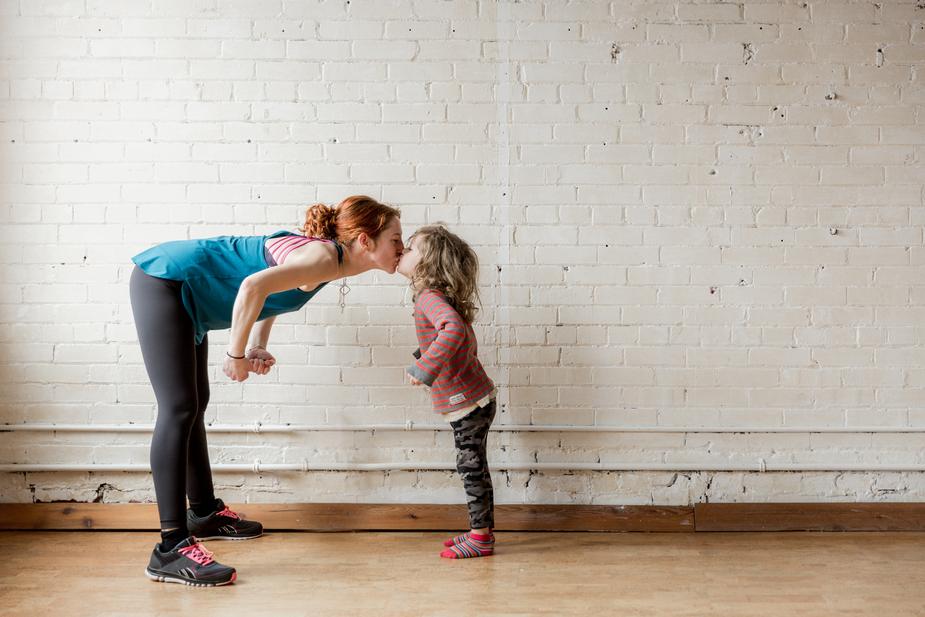
Parenting can be challenging, especially with a strong-willed child. Sometimes when all else fails, even the most patient parent will yell. It’s loud. It gets attention. It’s shocking, especially when it doesn’t happen often. It means business. It lets your kids know who’s in control…or does it?
Stephen Marche in the New York Times writes:
It doesn’t make you look authoritative. It makes you look out of control to your kids. It makes you look weak. And you’re yelling, let’s be honest, because you are weak. Yelling, even more than spanking, is the response of a person who doesn’t know what else to do. [note]https://www.nytimes.com/2018/09/05/well/family/why-you-should-stop-yelling-at-your-kids.html?em_pos=small&emc=edit_hh_20181221&nl=well&nl_art=4&nlid=48748113emc%3Dedit_hh_20181221&ref=headline&te=1[/note]
After you yell at your child, what happens? If you have a teenager or toddler, they may yell back. Then what happens? How does the escalation of anger stop? Does it stop the behavior? How do you feel after yelling?
Marche continues:
Yelling to stop your kids from running into traffic is not what we’re talking about here. We’re talking about yelling as a form of correction. Yelling for correction is ineffective as a tool and merely imprints the habit of yelling onto the children. We yell at our kids over the same stuff every day, and we yell at them some more because the original yelling doesn’t work. Put your clothes away. Come down for dinner. Don’t ride the dog. Stop hitting your brother.
During my master’s of education studies, I learned about the ABC and shaping methods for classroom discipline. To change a negative behavior, you examine:
- A = Antecedent. What comes before the undesirable behavior.
- B = Identify the negative behavior you wish to change.
- C = The consequence of the behavior or what happens after it.
Sometimes the antecedent and consequence are very revealing. Is there a time of day or something that triggers the behavior often? Can you change that?
Additionally, the consequence is also interesting. Could the consequence in some way be enforcing the behavior? For example, is the child receiving attention for it? Negative attention, like yelling, is better than no attention at all for some children.
Another way to look at ABC is in shaping positive behavior.
- A = Antecedent. What happens right before your child does as you ask or is expected of them?
- B = Behavior. Clearly identify the positive behavior.
- C = Consequence. How is the child rewarded or praised?
Marche explains how this technique looks in the home:
So instead of yelling at your kid every night for the shoes strewn across the floor, ask him in the morning if he can put his shoes away when he comes home. Make sure when you come home that you put your own shoes away. And if your child puts his shoes away, or even puts them closer to where they’re supposed to be, tell him that he did a great job and then hug him.
Yes, this all sounds great, and it is, but it takes work and planning. With older children, you can sit down and talk to them about the ABCs. You can make a chart. Teens can help identify the antecedents, behaviors, and consequences. This may help with the long-term goal of self-regulation. (You may even want to try it with your spouse :))
What do you have to nag your children about regularly? Make a list. Start with just one of the most irksome things that is easily fixable. Talk to your child. Tell them the behavior you want to replace. Model the behavior yourself.
Eliminate antecedents that lead up to the behavior if possible, like hunger or lack of sleep or over-scheduled activities. If you cannot elminate them, be aware of how they trigger the negative behavior. What is the positive consequence, if there is one? What is the negative consequence?
Sometimes as parents, we don’t realize we may actually be reinforcing the behavior we want to change. It takes time; it takes reflection; it takes effort.
And if you lose it and yell, apologize after you have calmed down. Model how to say you are sorry with genuine emotion. Admit you are human.
Parents aren’t perfect. We mess up, but there are tools to help us.
Leave a Reply